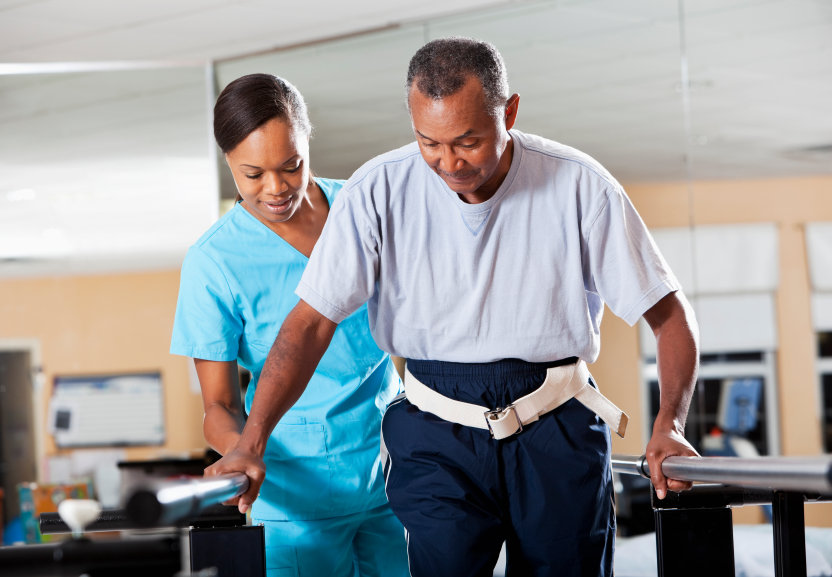
Even if you foresee an injury, nothing can prepare you for the immediate pain and the lengthy rehabilitation period afterward. But whether you were injured at work or on the playing field, you can maintain your mental and physical health, regain mobility, and come out of the experience stronger than before.
This article covers some strategies you can use to keep yourself motivated, invested, and diligent as you regain mobility after your injury.
Pay Attention to Your Body’s Messages
In our daily lives, we ignore lots of physical messages. After an injury, however, you can’t afford to not listen to your body. Take note (either mentally or on paper) about where you feel pain, what types of pain relief work, and how your body responds to rehabilitation treatments.
Treating your body well shortens recovery time and makes it less difficult.
Seek Help to Ensure You Receive the Care You Need
Similarly, don’t put off seeking help from professionals as you recover. Waiting to visit the doctor could result in dangerous complications. And avoiding assistance from a mental health professional may make you unprepared to go back to work, resume your daily activities, or return to sports once you heal physically.
If potential costs are keeping you from finding the doctor, psychiatrist, or physical therapist you need, talk to a personal injury attorney in your area. You may have a personal injury or workers’ compensation claim that can cover some, if not all, of your medical costs.
Take Proactive Steps to Improve Your Mental Health
Whether or not you’ve ever dealt with mental health issues, you likely will encounter some during recovery. Many individuals feel isolated during recovery, when they can’t go about their normal routines. This can lead to depression, anxiety, and loneliness.
To counteract these feelings, make plans with your friends and family. Eat nutritiously and get enough sleep as well to stabilize your overall mood.
While an injury disrupts your life, you don’t have to let an injury control your life. Start improving your recovery today by assessing where you stand with the listed techniques.
Perhaps you’ve been putting off seeking medical help because you’re afraid of the costs—talk to an attorney about legal compensations. Maybe you’ve felt purposeless away from your job—volunteer as a shelter animal foster parent, hotline operator, or other non-physical position.
Wherever you are in your recovery, use these techniques to improve how you feel, interact with others, and see the future.
Anica Oaks
Recent Posts
- Castor Oil For Better Hair Growth: Is It Myth Or Fact?
- Exploring the Differences Between Sermorelin, Ipamorelin, Ibutamoren, GHRP2, and GHRP6: Understanding Their Role in Human Growth Hormone Regulation
- Unraveling the Mystery: Understanding the Causes and Prognosis of Ventricular Tachycardia Without Apparent Heart Disease
- Understanding Grandparents’ Rights in Oklahoma: Navigating Visitation and Legal Protections
- 10 Reasons to Consider Hypnotherapy for Your Health

